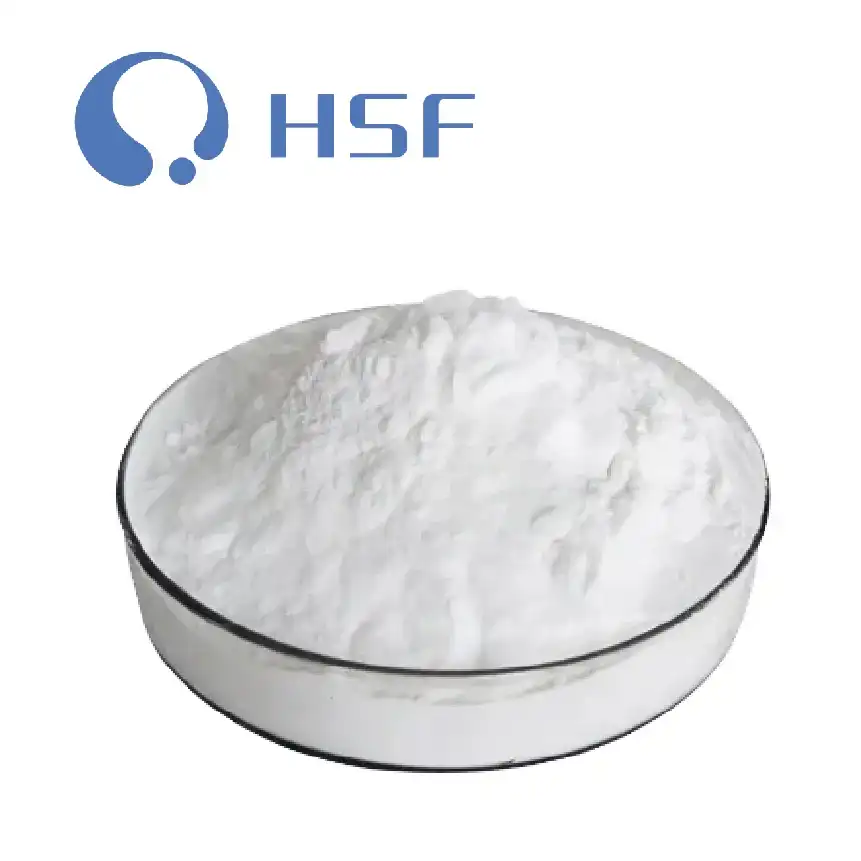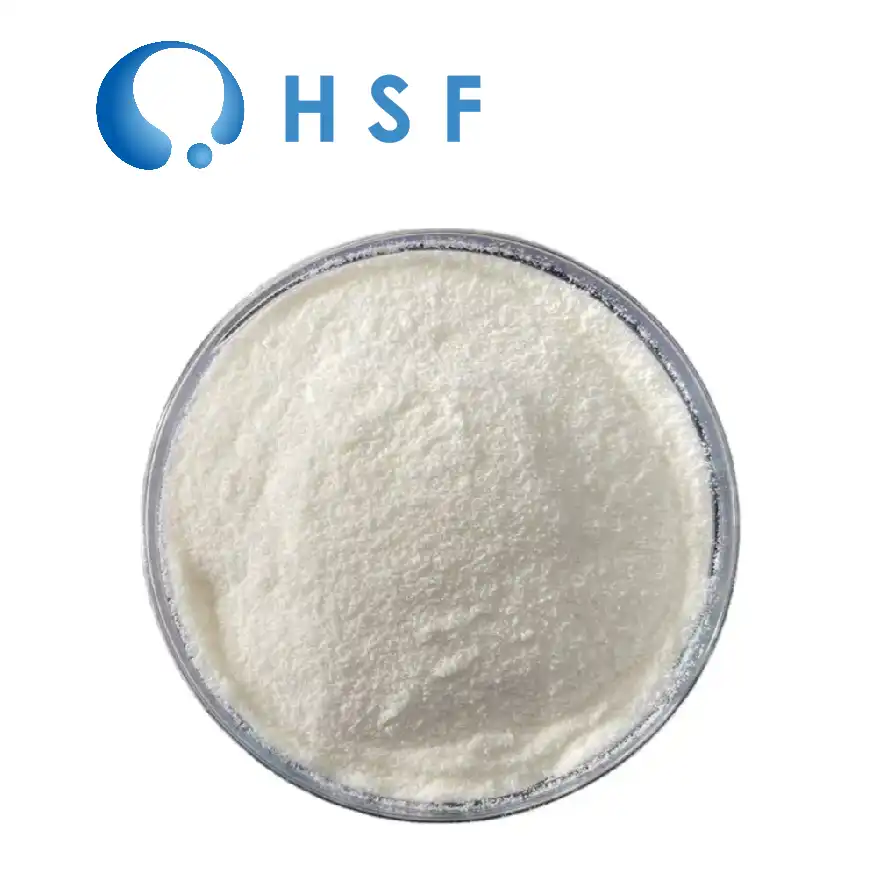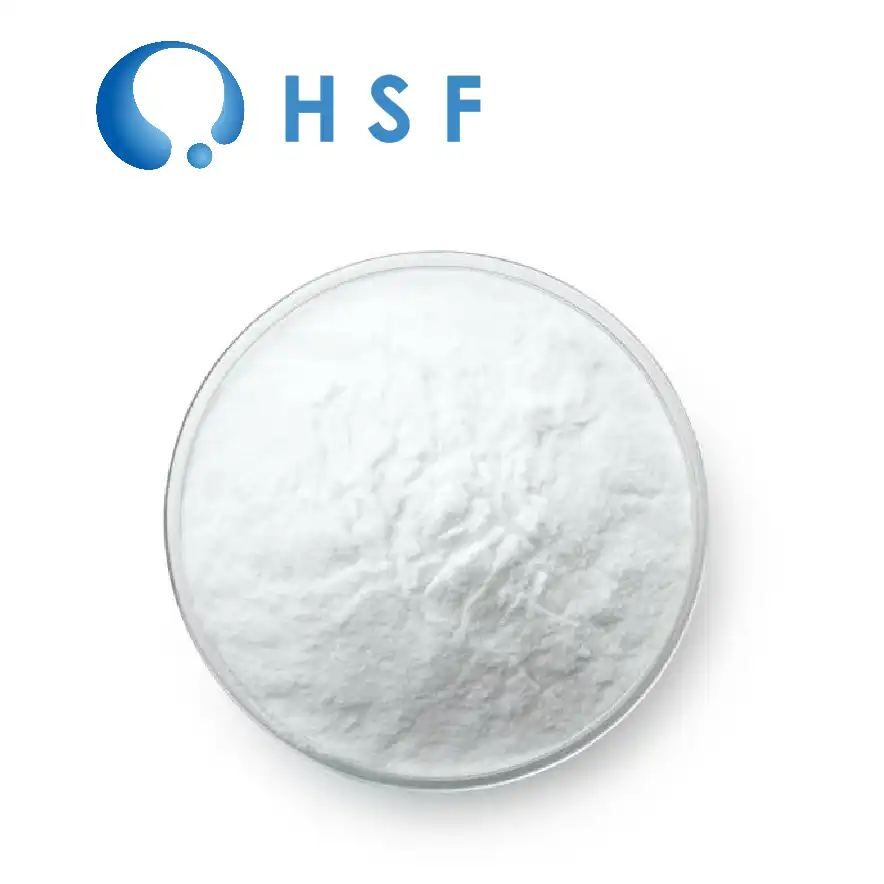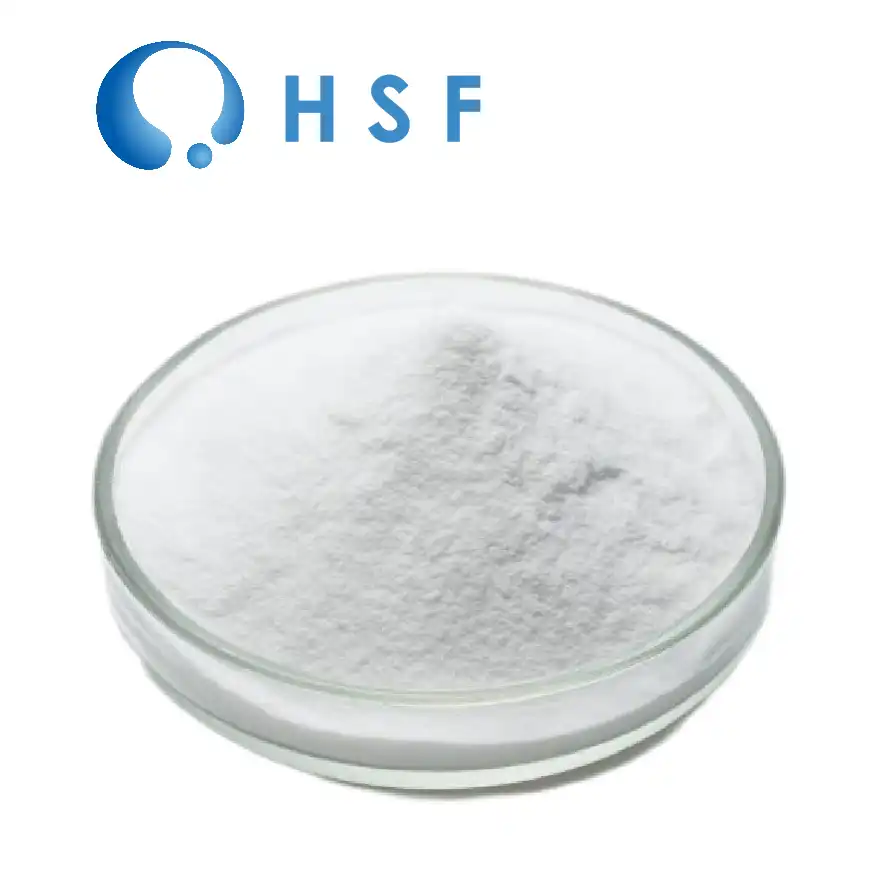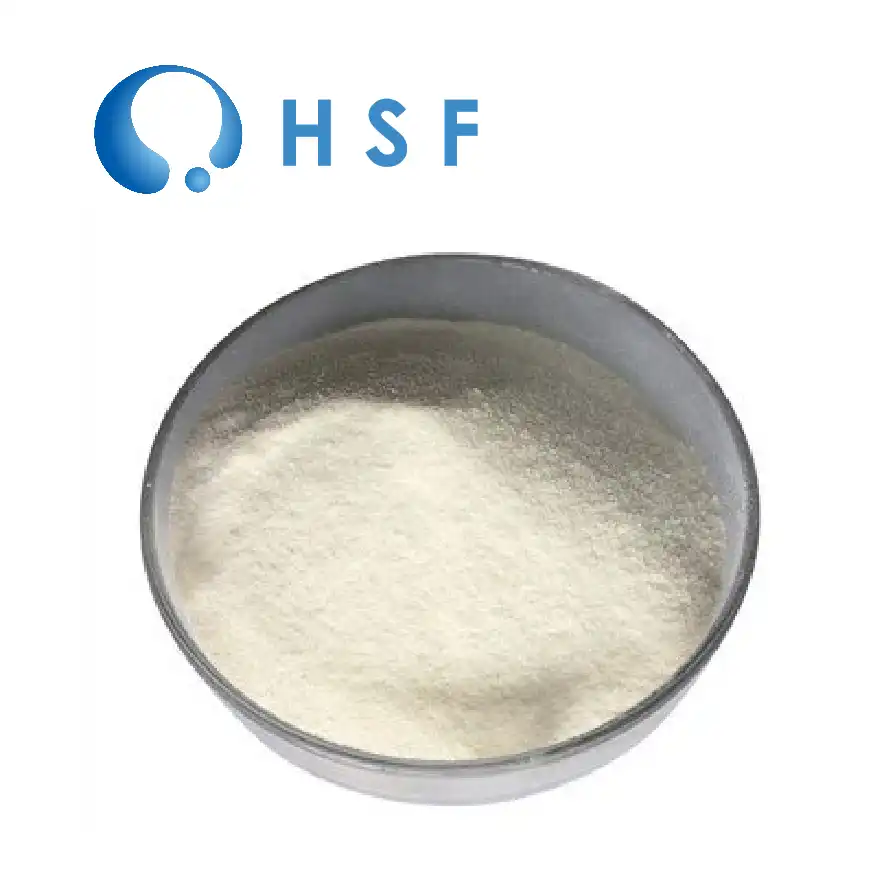- English
- French
- German
- Portuguese
- Spanish
- Russian
- Japanese
- Korean
- Arabic
- Greek
- German
- Turkish
- Italian
- Danish
- Romanian
- Indonesian
- Czech
- Afrikaans
- Swedish
- Polish
- Basque
- Catalan
- Esperanto
- Hindi
- Lao
- Albanian
- Amharic
- Armenian
- Azerbaijani
- Belarusian
- Bengali
- Bosnian
- Bulgarian
- Cebuano
- Chichewa
- Corsican
- Croatian
- Dutch
- Estonian
- Filipino
- Finnish
- Frisian
- Galician
- Georgian
- Gujarati
- Haitian
- Hausa
- Hawaiian
- Hebrew
- Hmong
- Hungarian
- Icelandic
- Igbo
- Javanese
- Kannada
- Kazakh
- Khmer
- Kurdish
- Kyrgyz
- Latin
- Latvian
- Lithuanian
- Luxembou..
- Macedonian
- Malagasy
- Malay
- Malayalam
- Maltese
- Maori
- Marathi
- Mongolian
- Burmese
- Nepali
- Norwegian
- Pashto
- Persian
- Punjabi
- Serbian
- Sesotho
- Sinhala
- Slovak
- Slovenian
- Somali
- Samoan
- Scots Gaelic
- Shona
- Sindhi
- Sundanese
- Swahili
- Tajik
- Tamil
- Telugu
- Thai
- Ukrainian
- Urdu
- Uzbek
- Vietnamese
- Welsh
- Xhosa
- Yiddish
- Yoruba
- Zulu

What’s the knowledge about vitamin B supplementation?

Vitamins are low-molecular organic compounds that are indispensable for maintaining normal substance metabolism and certain special physiological functions of the human body. Although the human body's demand for vitamins is very small, once the human body is deficient in vitamins, problems will occur in the corresponding metabolic reactions, resulting in vitamin deficiency. Lack of vitamins will cause the body's metabolism to lose balance, reduce immunity, and various diseases and viruses will take advantage of it.
There are more than twelve kinds of Vitamin B family, and there are nine kinds of vitamins that are universally recognized as essential to the human body. They are all water-soluble vitamins. They only stay in the body for a few hours and must be replenished every day. B vitamins are essential nutrients for all human tissues and are the key to releasing energy from food. They are all coenzymes and participate in the metabolism of sugar, protein and fat in the body, so they are classified as a family.

B vitamins are key to the release of energy from food. And supplementing B vitamins is very informative!
What are the functions of B vitamins?
Vitamin B1: It is called an anti-neuritis factor because it can prevent beriberi. B1 is closely involved in the process of energy release from sugar and is important in maintaining normal nervous, digestive system and myocardial functions. Moreover, vitamin B1 plays an important role in brain cells converting glucose into energy. Once insufficient, brain function will be reduced, resulting in frequent yawning, drowsiness, forgetfulness, etc.
Vitamin B2: Also known as riboflavin, it participates in biological oxidation and energy production in the body, and is closely related to the antioxidant defense system. When the human body is in a stressful state such as stress, the demand for B2 also increases accordingly. In the early stages of B2 deficiency, fatigue, weakness, mouth ulcers, dermatitis and eye itching can occur. Long-term B2 deficiency will affect iron absorption and lead to anemia. Severe deficiency may even be accompanied by low immunity.
|
|
|
Vitamin B6: Participates in protein, glycogen and fatty acid metabolism, contributes to the synthesis of DNA, RNA and other genetic materials, and is important for the normal operation of the nervous and immune systems. Deficiency may cause headaches, dizziness, depression, anorexia, and even seborrheic dermatitis, anemia, decreased learning and memory, etc.
Vitamin B12: Mainly derived from animal foods. Deficiency can induce pernicious anemia and hyperhomocysteinemia. Among them, hyperhomocysteinemia is a risk factor for cardiovascular disease and damage to brain cells.
Niacin: It can help release energy from the three major energy-producing nutrients, maintain skin health, and participate in blood sugar control; it is also helpful for memory improvement and psychological and emotional adjustment. A deficiency can cause pellagra.
|
|
|
Folic acid: Participates in the formation of red blood cells and plays an important role in DNA synthesis and amino acid metabolism. Lack of folic acid can cause macroglobulic anemia, growth retardation and other problems. In addition, folic acid can help regulate the development of nerve cells in the embryo.
Pantothenic acid: It comes from a wide range of sources and is contained in a variety of foods. It often participates in many metabolic processes in the active form of coenzyme A and acyl carrier protein. It is an essential element for the synthesis and degradation of fatty acids and the oxidative degradation of amino acids. It also plays an important role in maintaining the health of hair, skin, nerves and blood.
What foods contain vitamin B?
The vitamin B family of cereals mainly exists in the germ. You should eat more whole grains, brown rice, and more vegetables. Frequent consumption of refined rice and noodles with added alkaline content may lead to a lack of B complex intake. Frequent drinking, smoking, and drinking coffee can affect vitamin absorption or increase consumption. Long-term use of Western medicine can reduce vitamin absorption. Vitamins are easily destroyed in alkaline environments. For example, antibiotics can inhibit the production of endogenous B vitamins by normal intestinal flora. These people must increase their dosage and long-term supplementation of B vitamins.
|
|
|
Tips for supplementing vitamin B complex
• B vitamins cannot be stored in the human body, so they should be supplemented every day. Because B vitamins are water-soluble vitamins, excess B vitamins will not be stored in the body, but will be completely eliminated from the body.
• There is a synergistic effect between B vitamins, which means that taking all B vitamins at one time is more effective than taking them separately.
• Vitamins B1, B2, and B6 are taken in a ratio of 1:1:1 for better synergistic effects.
• In daily life, due to various dietary habits, some people are prone to lack of B vitamins. For example, long-term consumption of polished rice, excessive simmering, frying, deep-frying, and other cooking will lead to a large amount of vitamin loss.
• Under normal circumstances, oral supplementation of B vitamins is higher than our body needs and will not cause harm to the body because they are water-soluble vitamins. Even if it is excessively supplemented, it will be automatically excreted from the body with sweat or urine.

HSF Biotech specializes in the production of B vitamin raw materials. For more details, please contact us:
Email: aaron@healthfulbio.com
Whatsapp: +86 18992720900






